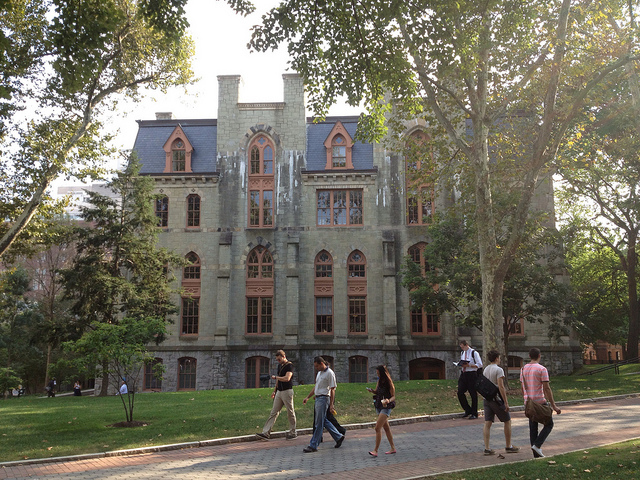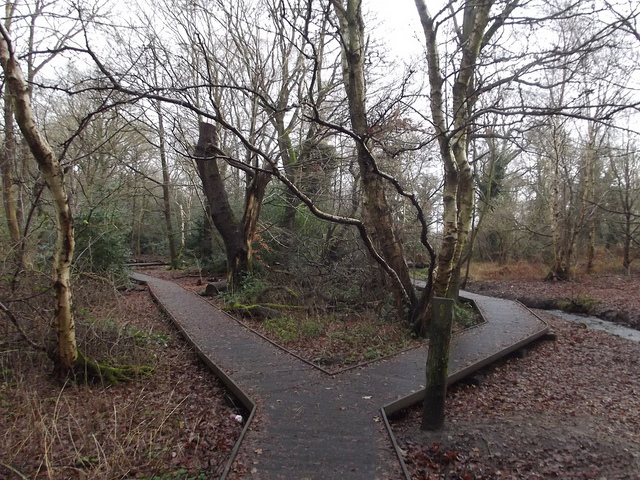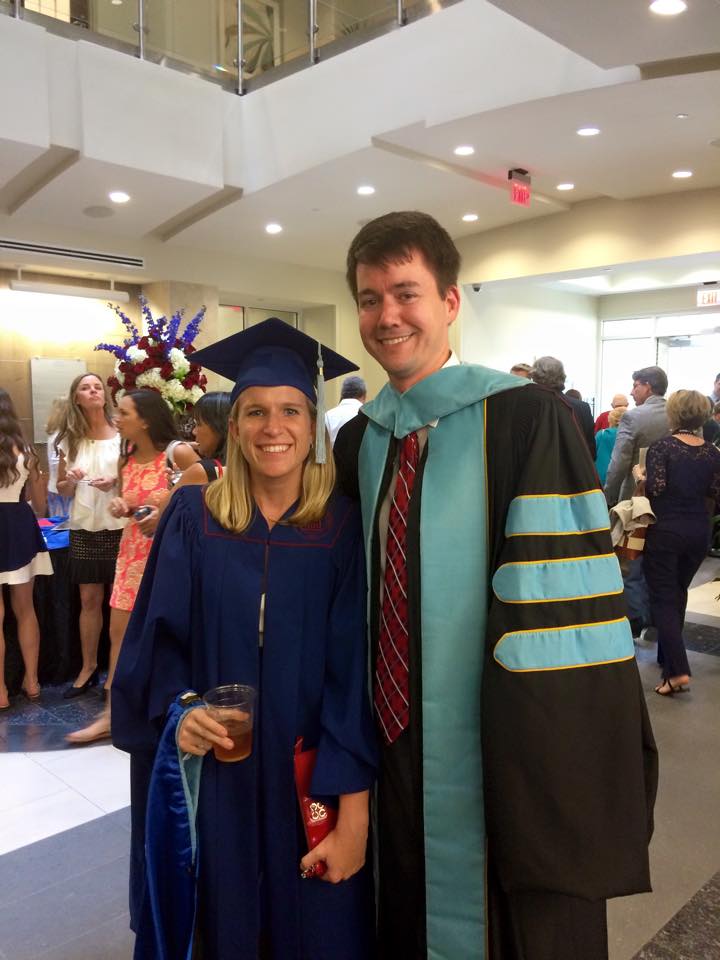Few academic decisions are as momentous as selecting where to pursue your Ph.D. degree. In fact, I would argue that deciding where to get your Ph.D. is more influential for your academic and professional career than the decision regarding your undergraduate institution. Yet, I’m constantly surprised that more prospective Ph.D. students don’t do better homework before jumping in to a Ph.D. program. In today’s post, I share 5 things to do before applying to a Ph.D. program.

Applying for a Ph.D. program can easily be a five to seven year commitment. The quality and prestige of your program will also determine your career options and opportunities after graduation. Moreover, even your chances of graduation can be influenced by your choice of program.
As a result, you need to do your due diligence before committing to a program. In fact, I would suggest you need to do work before even applying to a program. Specifically, I recommend you do the following 5 things before applying to a Ph.D. Program.





